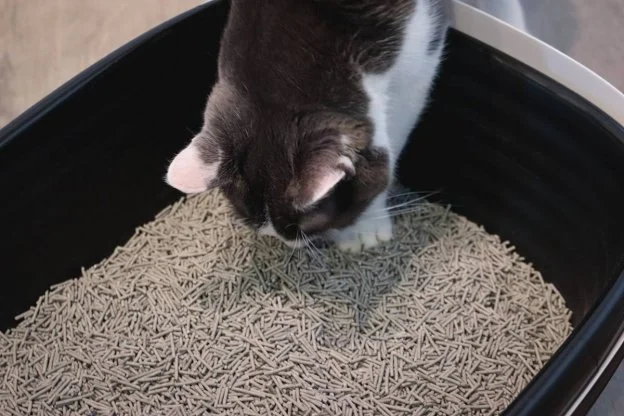
- 1-Understanding the Behavior
- 2-Why Do Kittens Eat Litter?
- 3-Health Risks of Eating Litter
- 4-How to Stop Your Kitten from Eating Litter
- 5-When to Seek Veterinary Help
1-Understanding the Behavior
It's not uncommon for kittens to exhibit odd behaviors as they explore their world. One such behavior is eating litter, which may alarm new pet owners. While it may seem strange, it's important to understand that this behavior can stem from several factors, such as curiosity, health issues, or nutritional deficiencies.
Before reacting with concern, it's vital to assess the underlying causes and understand how you can correct this behavior in a way that benefits both your kitten and your household.
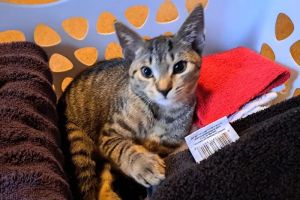
East Coast Nj Spay Clinic
Toms RiverOcean CountyNew Jersey
918 Hazelwood Rd, Toms River, NJ 08753, USA
2-Why Do Kittens Eat Litter?
Kittens, like human babies, explore the world using their senses, especially taste and smell. Here are some common reasons why kittens might be inclined to eat litter:
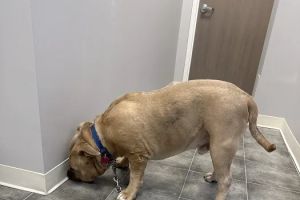
Monroe Parke Veterinary Hospital
Monroe TownshipMiddlesex CountyNew Jersey
627 Spotswood Englishtown Rd STE 1, Monroe Township, NJ 08831, USA
Curiosity
Young kittens are naturally curious creatures. They tend to explore their environment by licking or chewing on objects, including their litter. For some kittens, this might be a temporary phase that will resolve as they mature and become less inquisitive.
Health Problems (Pica)
In some cases, kittens eating litter might be an indication of a condition known as pica. Pica is a disorder in which animals (or people) feel the compulsion to eat non-food items. This could be due to a variety of reasons, including nutritional deficiencies, boredom, or even stress.
Imbalanced Diet
Sometimes, a kitten's diet may lack essential nutrients, such as fiber or minerals, which can lead them to ingest unusual substances like litter. Ensure your kitten's food is balanced and appropriate for their age and health needs.
3-Health Risks of Eating Litter
While it may seem like a harmless habit, eating litter can lead to several health problems for your kitten. It's important to understand the risks associated with this behavior:
Intestinal Blockages
One of the most serious risks of kittens eating litter is the possibility of intestinal blockages. Some types of litter, especially clumping varieties, can expand in your kitten's stomach, leading to digestive problems and potential surgery to remove the obstruction.
Poisoning
Certain types of litter contain toxic chemicals or fragrances that could be harmful if ingested. If your kitten eats this type of litter, they may experience poisoning symptoms, including vomiting, diarrhea, and lethargy. Always opt for safe, non-toxic litter options for your pet.
Infections
Dirty litter can harbor bacteria, and ingesting it can expose your kitten to a variety of infections. This is especially concerning if the litter box is not cleaned regularly, as it can contain harmful pathogens.
4-How to Stop Your Kitten from Eating Litter
If you've noticed that your kitten is eating litter, here are several steps you can take to address the issue:
1. Provide a Balanced Diet
Ensure your kitten is eating high-quality, age-appropriate food that provides all the nutrients they need. Check with your vet to ensure that their diet is not deficient in vitamins or minerals, as this could lead to them seeking alternative sources, like litter.
2. Offer Safe Alternatives
Provide your kitten with safe, chewable toys to distract them from the litter. Toys can keep them engaged and mentally stimulated, preventing them from exploring inappropriate items.
3. Choose Non-Toxic Litter
Switch to a natural, non-toxic litter that doesn't have harmful chemicals or fragrances. This reduces the risk of your kitten ingesting something harmful if they do continue the behavior.
4. Keep the Litter Box Clean
Make sure the litter box is cleaned regularly to reduce the attraction of dirty litter. A clean litter box is less likely to harbor bacteria or odors that may tempt your kitten to eat it.
5. Discourage the Behavior
If you catch your kitten in the act, gently discourage the behavior without punishment. Redirect their attention to a toy or a more appropriate item to chew. Consistent redirection will help teach them what's acceptable.
5-When to Seek Veterinary Help
If your kitten's litter-eating behavior persists, or if they show signs of health problems (like vomiting, diarrhea, or lethargy), it's important to consult with a veterinarian. They can perform a thorough examination to rule out any underlying health issues, such as pica or nutritional deficiencies. In some cases, your vet may recommend changes to your kitten's diet or a treatment plan to address the behavior.
Additionally, if you suspect that your kitten's health may be at risk due to their litter-eating habits, don't hesitate to seek professional advice. Early intervention can prevent more serious health problems from developing.
For more information on how to keep your kitten happy and healthy, or to find safe products and services for your pet, visit Omnia Pet for the best recommendations on pet care, food, and supplies.

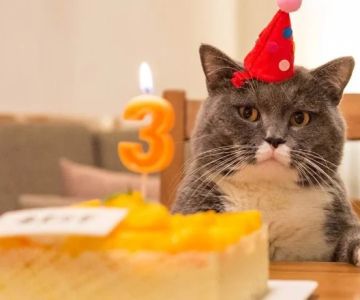
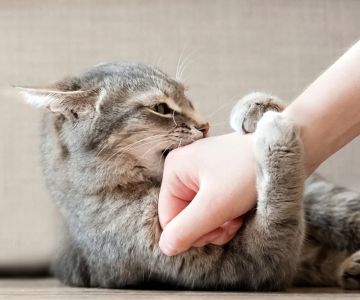
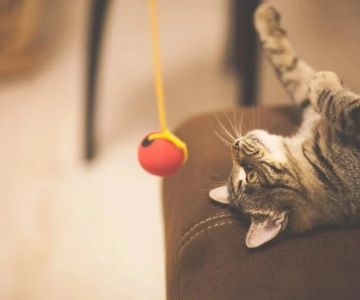
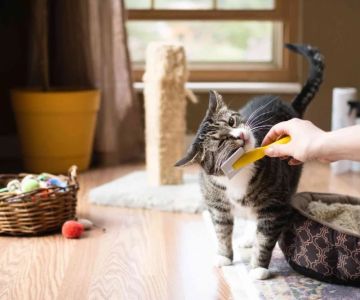
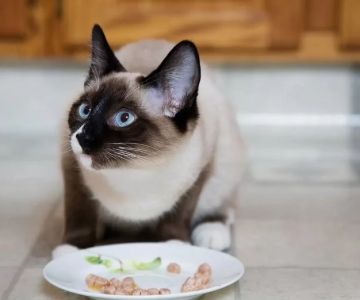
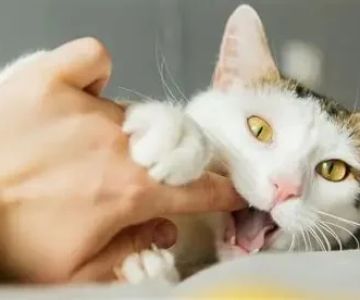
 Hollywood Feed4.0 (184 reviews)
Hollywood Feed4.0 (184 reviews) Brew Biscuits5.0 (2 reviews)
Brew Biscuits5.0 (2 reviews) All Friends Animal Hospital4.0 (446 reviews)
All Friends Animal Hospital4.0 (446 reviews)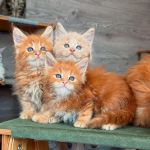 Kittylandkittens LLC0.0 (0 reviews)
Kittylandkittens LLC0.0 (0 reviews) Village Animal Clinic4.0 (212 reviews)
Village Animal Clinic4.0 (212 reviews) Rift Lake Aquatics4.0 (165 reviews)
Rift Lake Aquatics4.0 (165 reviews) Understanding Pet Insurance: What Does It Actually Cover?
Understanding Pet Insurance: What Does It Actually Cover?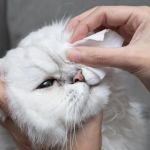 How to Keep Your Kitten's Eyes Clean and Free of Discharge
How to Keep Your Kitten's Eyes Clean and Free of Discharge The Truth About Heartworm Disease: Prevention is Cheaper Than Cure
The Truth About Heartworm Disease: Prevention is Cheaper Than Cure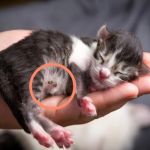 Why Is My Kitten's Belly Button Showing? | Omnia Pet
Why Is My Kitten's Belly Button Showing? | Omnia Pet Why Does My Cat Bite Me Gently? Love Bites Explained
Why Does My Cat Bite Me Gently? Love Bites Explained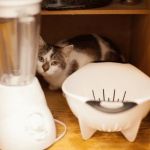 How to Stop Your Kitten from Getting into Cabinets
How to Stop Your Kitten from Getting into Cabinets